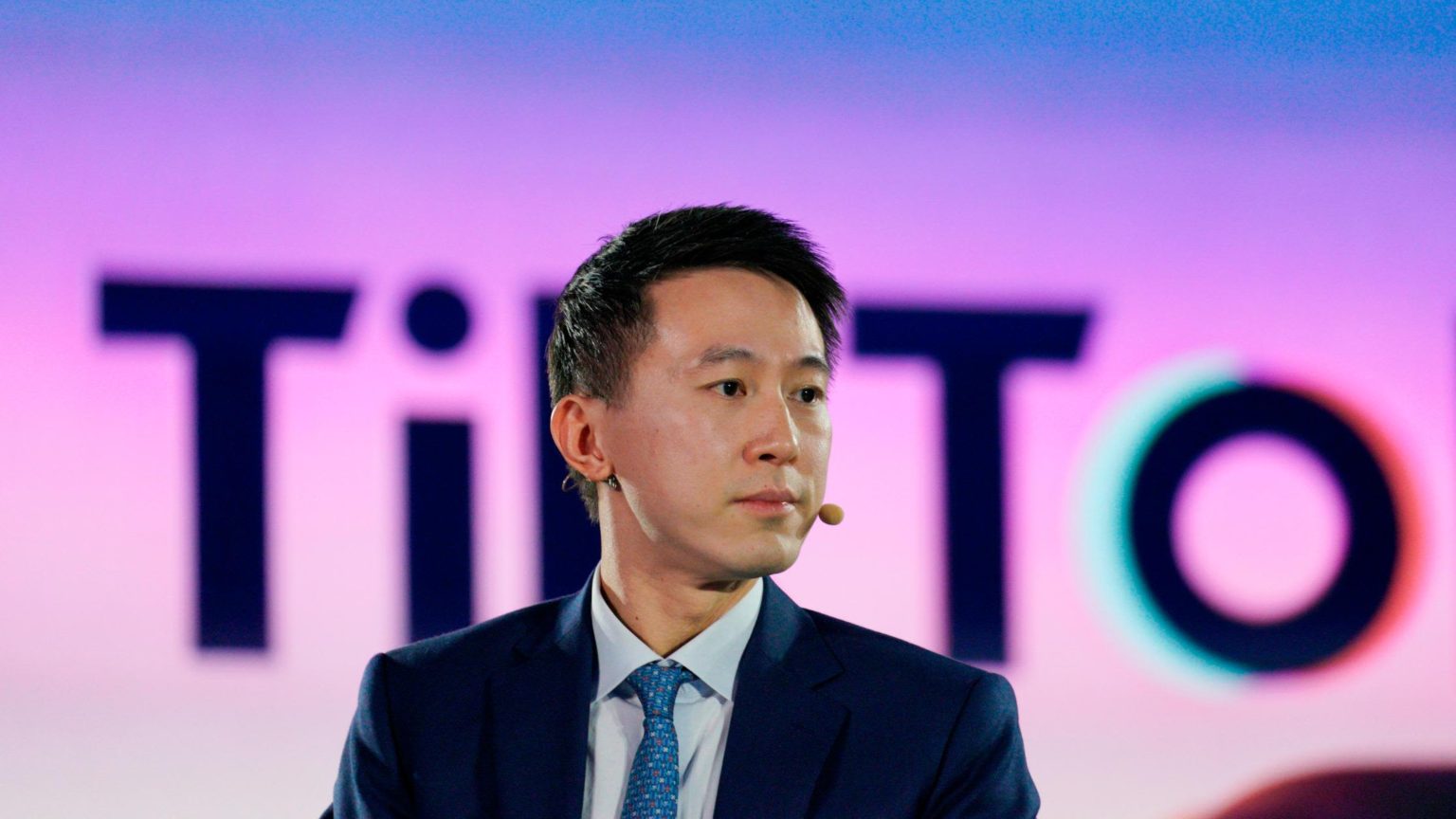|
Getting your Trinity Audio player ready...
|
TikTok has taken legal action to block the state of Montana from implementing its ban on residents accessing the popular video-sharing platform. Last week, Montana became the first US state to pass a comprehensive ban targeting the Chinese-owned app.
In response, TikTok filed a lawsuit on Monday in the United States District Court for the District of Montana, claiming that the ban infringes on free speech rights guaranteed by the US Constitution.
The move comes as TikTok faces increasing scrutiny worldwide over concerns about data privacy and potential ties to the Chinese government. The company argues that the ban is unconstitutional and restricts the forum for speech for all users on the app.
“We are challenging Montana’s unconstitutional TikTok ban to protect our business and the hundreds of thousands of TikTok users in Montana,” said a TikTok spokesperson. “We believe our legal challenge will prevail based on an exceedingly strong set of precedents and facts.”
TikTok’s lawsuit specifically argues that the ban violates the First Amendment, which protects the right to free speech. The ban is scheduled to take effect in January 2024, making it illegal for app stores to offer TikTok. However, individuals who already have the app will not be prohibited from using it.
Montana, with a population of just over one million, had already banned TikTok on government devices last December. The state’s ban raises concerns about national security, as TikTok is owned by ByteDance, a Chinese company. ByteDance has consistently denied any control or influence by the Chinese government.
The lawsuit also contends that Montana has overstepped its authority by involving itself in data privacy and national security matters, which are typically within the jurisdiction of the federal government. It argues that the ban is based on unfounded speculation about the Chinese government’s access to TikTok data.
Legal representatives for the Montana government had anticipated potential legal challenges and expressed readiness to defend the ban in court. The outcome of the lawsuit will have implications for the future regulation of social media platforms and the balance between national security concerns and free speech rights.
The state of Montana is expected to mount a vigorous defense against TikTok’s legal challenge. Lawyers representing the Montana government have previously stated their preparedness for lawsuits and their commitment to upholding the ban in court. The case will likely delve into complex legal questions surrounding the balance between states’ authority to regulate and protect their citizens and the federal government’s jurisdiction over national security and data privacy issues.
The outcome of this lawsuit could have broader implications for the regulation of social media platforms and the ongoing debate surrounding national security risks associated with Chinese-owned technology companies. TikTok, with its vast user base of 150 million Americans, primarily consisting of teenagers and users in their 20s, has become a focal point of concern across the US political spectrum.
While TikTok maintains that it operates independently from the Chinese government, allegations persist that user data could be accessed by Chinese authorities. Such concerns have prompted actions by several countries, including the US, to scrutinize and impose restrictions on the app.
The legal battle in Montana will likely fuel the ongoing discourse about the delicate balance between protecting national security interests and safeguarding free speech and individual privacy rights.
As TikTok fights to overturn Montana’s ban, the case could set a precedent for similar legal challenges in other states that are considering or have implemented restrictions on the popular social media platform.
The outcome of this lawsuit will undoubtedly be closely watched by the tech industry, legal experts, and policymakers alike, as it could shape future legislation and regulatory efforts pertaining to the operation of social media platforms within the United States.
